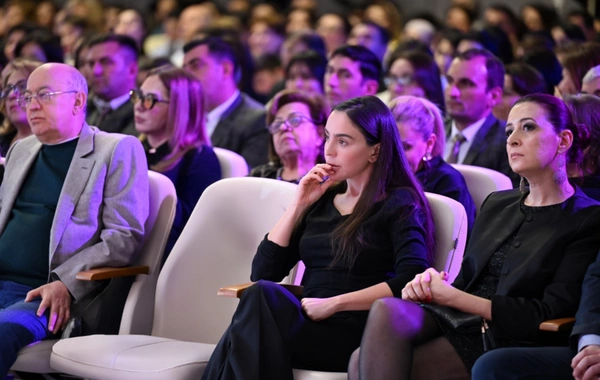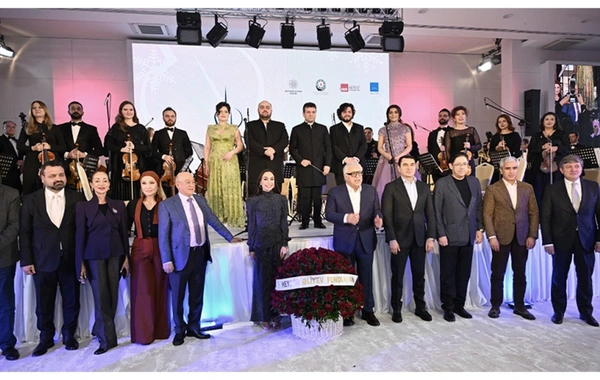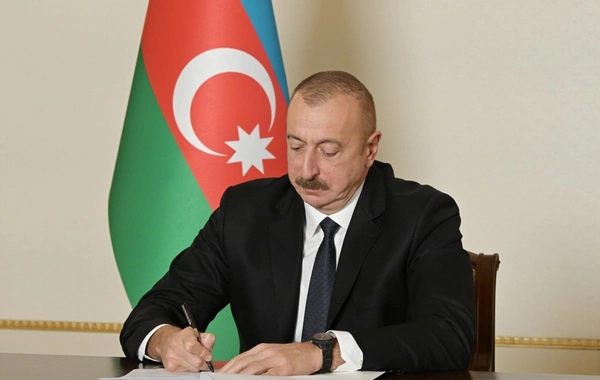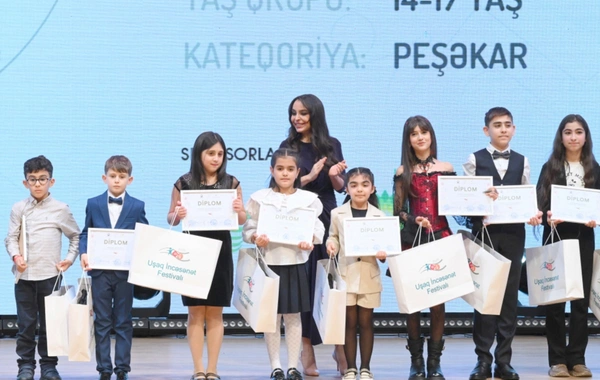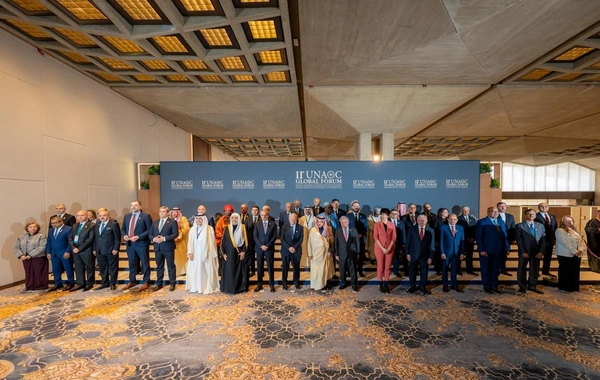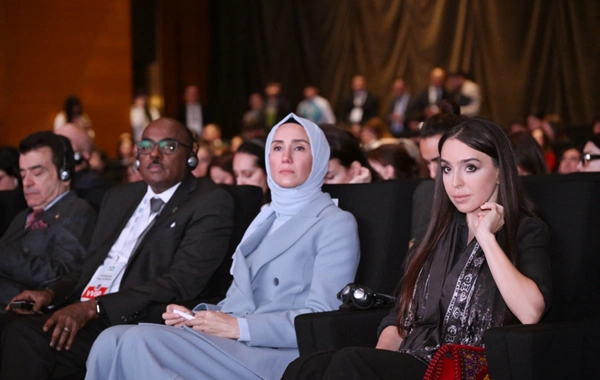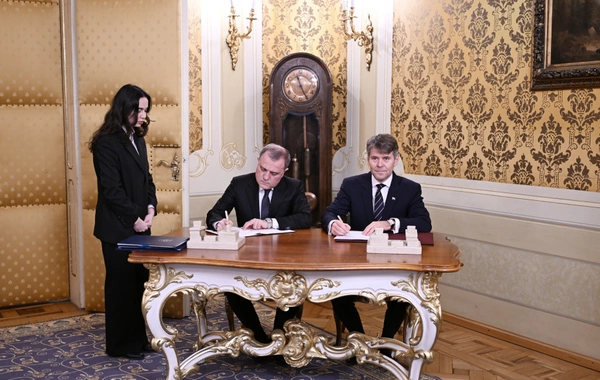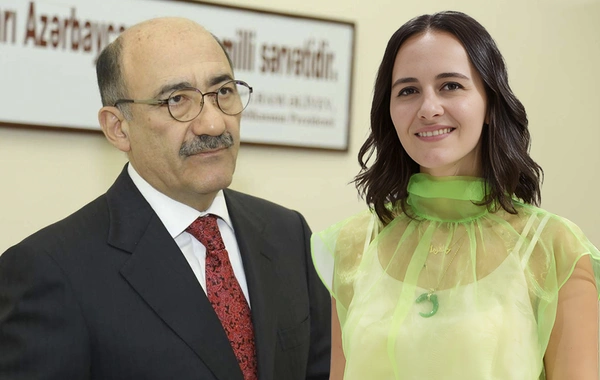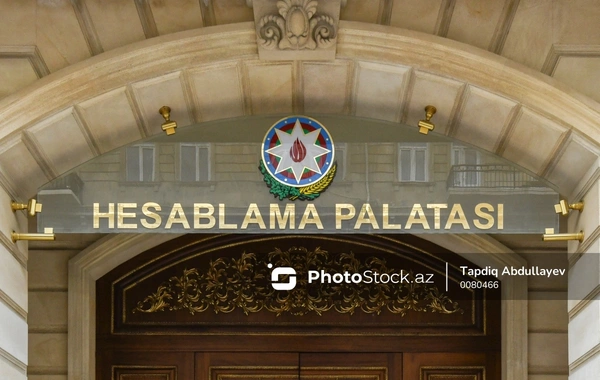Ministry of Culture of the Republic of Azerbaijan (AR)
Ministry of Culture of the Republic of Azerbaijan (AR)
The Ministry of Culture of the Republic of Azerbaijan is the central executive authority responsible for the formation and implementation of state policy in the sphere of culture, art, and preservation of cultural heritage. This key institution plays a defining role in the development of the country's cultural life, combining traditions and modernity, preserving the rich Azerbaijani heritage and promoting its international recognition.
The history of the Ministry of Culture of Azerbaijan dates back to the period of the formation of Azerbaijani statehood. After gaining independence in 1991, there was an urgent need to create a specialized body to manage the cultural sphere. The Ministry was formed as the successor to Soviet cultural institutions, but with fundamentally new tasks – the revival of national identity and integration into the global cultural space.
During the years of independence, the Ministry of Culture of Azerbaijan has undergone several stages of reorganization, constantly adapting to the changing needs of society and the state. The institution experienced particularly active development in the 2000s, when a comprehensive strategy for the country's cultural development was adopted.
The Ministry of Culture of the Republic of Azerbaijan has an extensive structure that includes various departments and directorates. The main structural units are:
The Department of Cultural Heritage deals with the protection and restoration of architectural monuments, archaeological sites, and historical complexes. This department coordinates work on including Azerbaijani sites in the UNESCO World Heritage List.
The Directorate of Performing Arts oversees the activities of theaters, concert organizations, musical groups, and dance ensembles. Programs to support young talents and promote national art are developed here.
The Department of Museum Affairs coordinates the work of state museums, exhibition halls, and galleries throughout the country. Special attention is paid to the modernization of museum exhibitions and the introduction of modern technologies.
The International Cooperation Division develops cultural ties with foreign countries, organizes international festivals, and participates in global cultural projects.
The Ministry of Culture of Azerbaijan performs a wide range of functions aimed at the comprehensive development of the cultural sphere. The main areas of activity are:
Formation of state cultural policy includes the development of strategic plans for industry development, creation of a regulatory framework, and coordination of activities of all cultural institutions in the country.
Preservation of cultural heritage is a priority area of work. The Ministry conducts inventories of cultural monuments, organizes restoration work, and ensures their proper protection. Special attention is paid to the ancient cities of Sheki, Shamakhi, Ganja, and other historical centers.
Development of contemporary art includes support for artists, writers, composers, and other cultural figures. The Ministry organizes competitions, exhibitions, festivals, and provides grants for creative projects.
Cultural education and enlightenment is carried out through a network of cultural and educational institutions, including art schools, conservatories, art academies, and cultural centers.
Throughout its existence, the Ministry of Culture of Azerbaijan has implemented many significant projects that have received international recognition. One of the major achievements was the inclusion of the Old City of Baku (Icherisheher) in the UNESCO World Heritage List in 2000.
The "Cultural Capital of the Turkic World" project has strengthened ties between Turkic peoples and promoted Azerbaijani culture in the region. Major international events, festivals, and conferences were organized as






